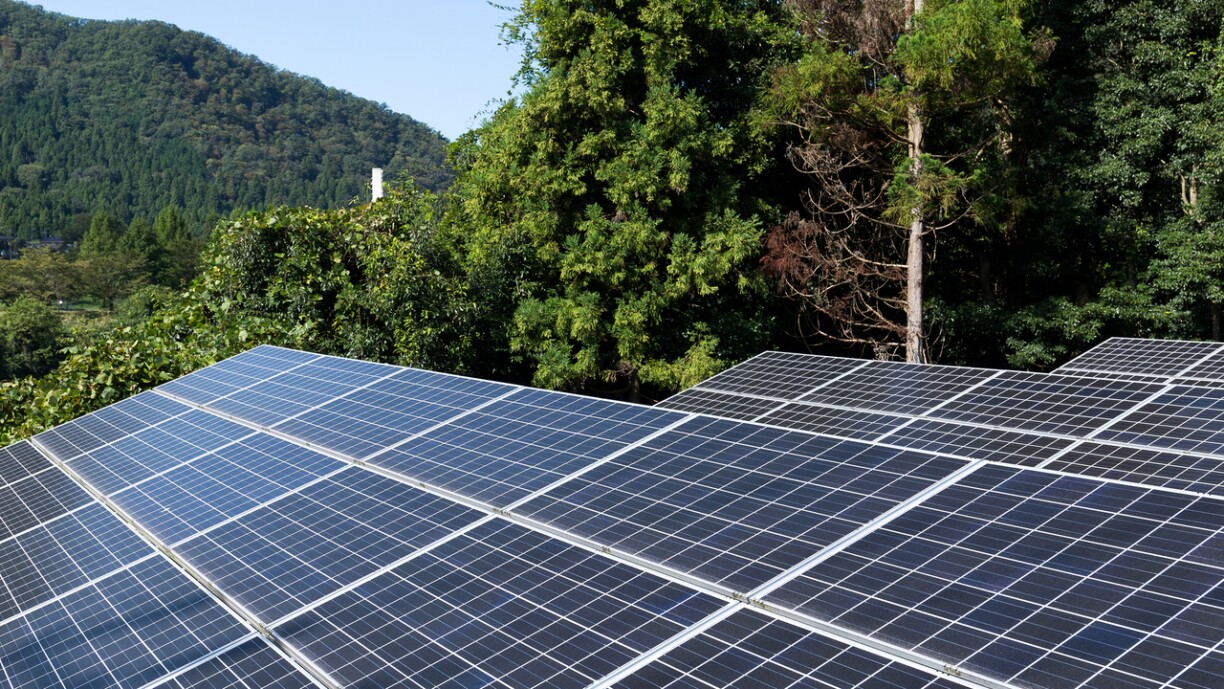
Existing measures are said to be reinforced, but this is only reflected in the CO2 tax in concrete terms. The tax rate will go up by €5 each year to a maximum of €45 per tonne by 2026.The PNEC further envisions to reduce greenhouse gas emissions by 55% compared to 2005 levels, and that by the year 2030.
At present, Luxembourg has the highest greenhouse gas emission rate per capita in the EU due to the ongoing fuel tourism. According to Minister for the Environment, Climate and Sustainable Development Joëlle Welfring, the PNEC wants to slowly but steadily offset fuel tourism with the growing CO2 tax rate.
This strategy was chosen despite the fact that the Citizens’ Climate Council urged the government to introduce more drastic measures. When it comes to energy-efficient renovations and electric mobility, the government still wants to rely on voluntary action from the population.
Overall, the biggest polluters in Luxembourg are transportation, industry, and construction. However, major companies such as ArcelorMittal, Dupont, or Kronospan are not considered in the PNEC as they are part of the international emission trade, which means that they are already paying for their emissions.
Ensuring climate protection and a prolific economy is a balancing act, said Minister of the Economy Franz Fayot. He stressed the importance of keeping businesses in the EU and protecting them from disloyal competition, citing China as an example.
The exact budget for the PNEC has not been disclosed at this stage. Citizens have one month as of 17 April to review the document and send in proposals.
The European Parliament in Strasbourg will vote on the reform of the CO2 emission trade on Tuesday as the text in its current form dates back close to 20 years. If passed, the reform will ensure that pollution from buildings as well as air and sea traffic will be included. Also, a social climate fund worth billions of euros is expected to be launched as a means of supporting consumers and businesses.